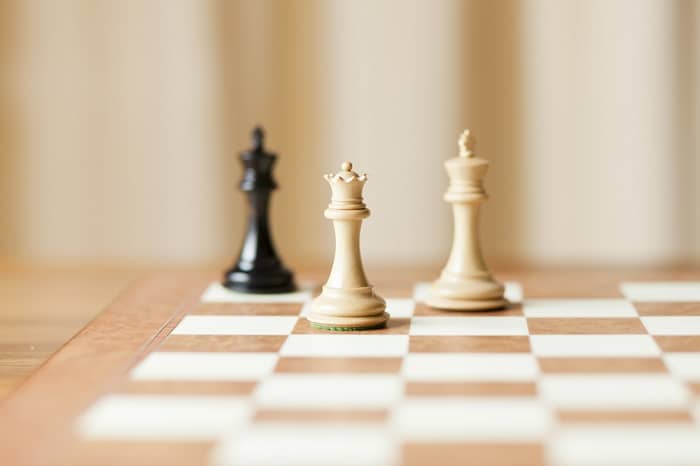
By Jubin Katiraie
Like any other regime, the Iranian regime is trying to show a fake hold on power, which is not mainly to scare the outside world, but is more used to scare and create suffocation inside the country for the people.
But sometimes the regime’s key elements, mainly its clerics, are forced to confess about the regime’s frailty, which is showing that this regime long ago lost its popularity and position by the people, mainly the poor and lower strata, which were the regime’s main base for its power and mobilization.
Government cleric Mesbahi Moghaddam, in an interview with the Tasnim news agency on the subject of the 2021 elections, stated: “Our most important internal problem for the next elections is the issue of widespread distrust in the society towards the government, this distrust will affect the elections, and if there is no positive change in the economic dimensions of the country by the time of the elections, it is likely that we don’t see a glorious turnout of the people in the elections. Our current situation is not sustainable, except for despair and feebleness, nothing is seen in people, especially the young generation.
“With the order that the country has been governed during these thirty years after the holy defense (Iran-Iraq war), it is not possible to govern the country from now on. During these years, we always had double-digit inflation, we always had large budget deficits, and we always had double-digit unemployment.
“In addition to these issues, another thing that has happened is the widening gap between wealth and poverty. Unfortunately, during the seven years of this government, our national income figure, if we balance, is decreased from $400 billion to $165 billion, and this is very terrible.” (Tasnim, 15 September)
The state-run daily Mostaghel wrote on Wednesday, September 16, wrote about the upcoming presidential election in 2021, while quoting Hadi Ghaffari, one of the regime’s main clerics: “The way to increase participation in elections is to deal with those who have a popular base and do not even think like parts of the government with open arms and without political games, and stop approving oversight and allow these people to expose themselves to the people.”
He added: “If the status quo continues, the turnout will be low. For example, I obtained information that in some cities only one percent of eligible voters went to the polls in the second round of the Islamic Consultative Assembly elections.”
Then referring to the approving supervision of the Guardian Council and his exclusion from the elections, he said: “I have a question for the Guardian Council about how a person like me, who served the revolution and the Islamic Republic on the battlefield for fifty years in the guise of a clergyman, has to deal with two issues: lack of practical commitment to Islam and disbelief in the Islamic Republic and the constitution.
He warned the regime and said: “It is very dangerous that a military president takes the office because a military person has only military thinking and deals with things in a garrison manner. Our country does not need a garrison atmosphere, but we need a person in the country who is a president who knows the art of negotiation and acts according to the law.”
Referring to the reason for the regime’s stalemate, he said that the reason is ‘vileness’ inside the country and added: “The reason for the current situation of the country in terms of livelihood is the existence of structural problems in the constitution. Unfortunately, the country’s economic relations with the world have reached a dead end because there has been a kind of vile in the country’s foreign policy. Unfortunately, there is a view that the whole world is bad and only we are in a position of good. We have to admit that today’s world no longer tolerates insults.”
Read More:


